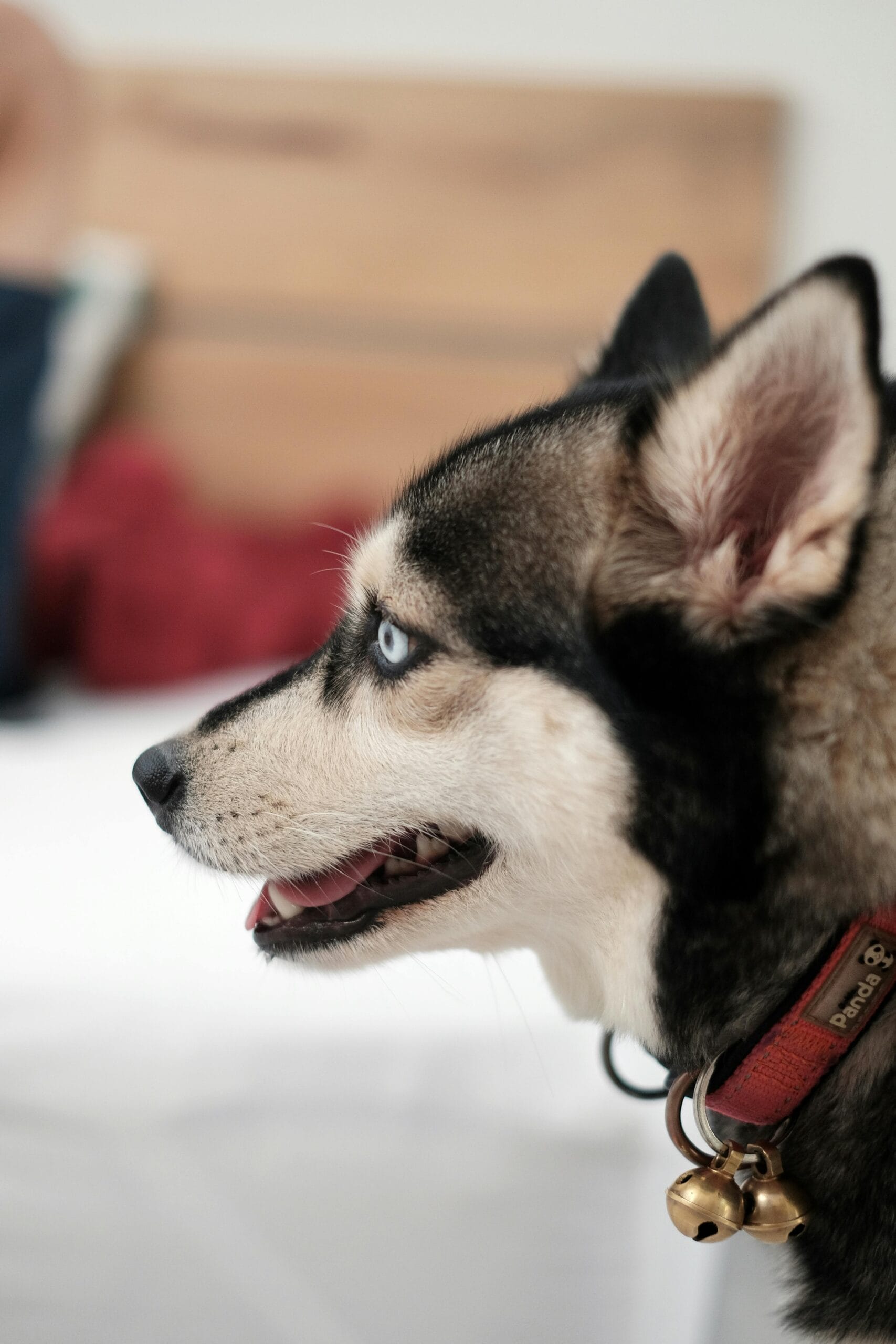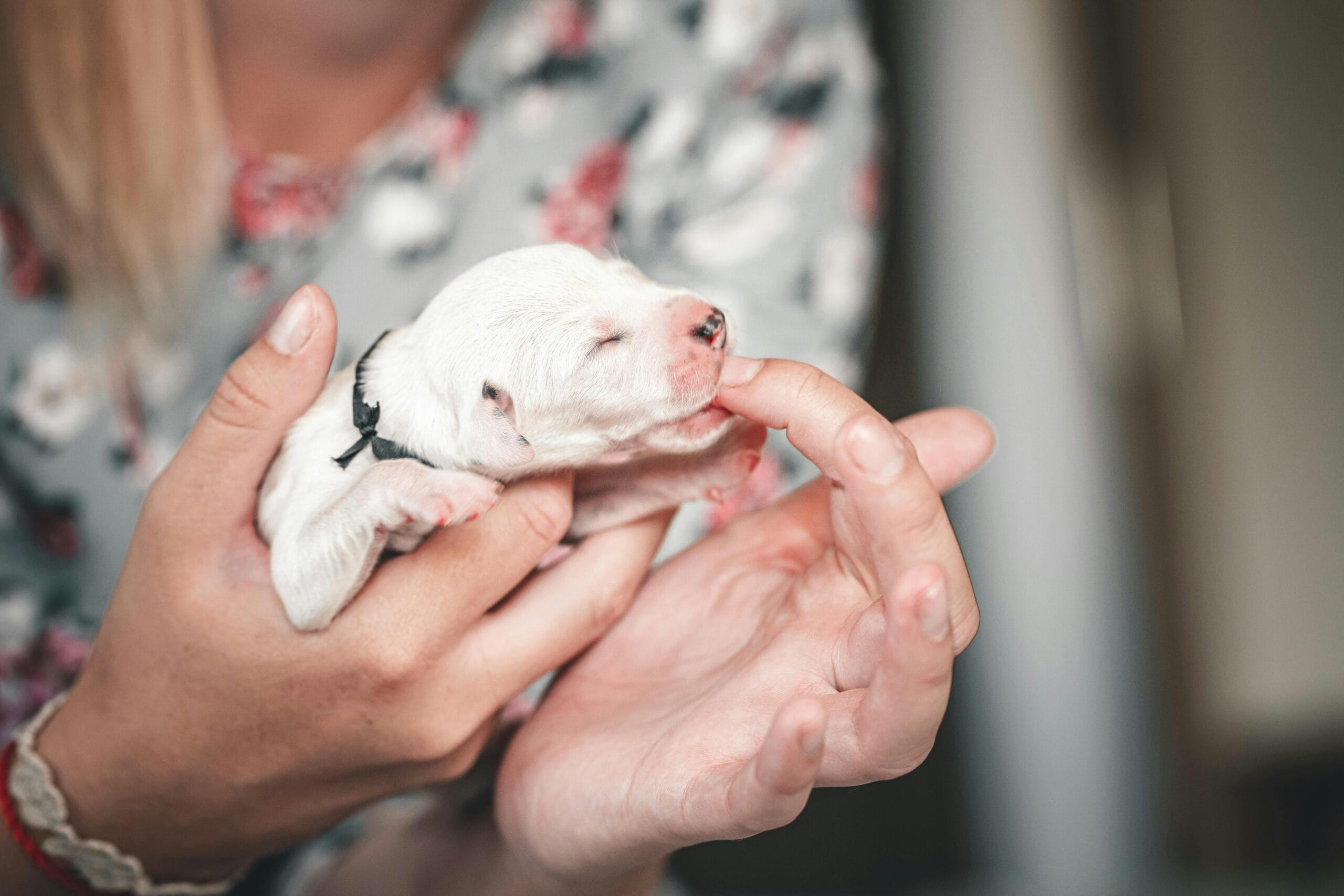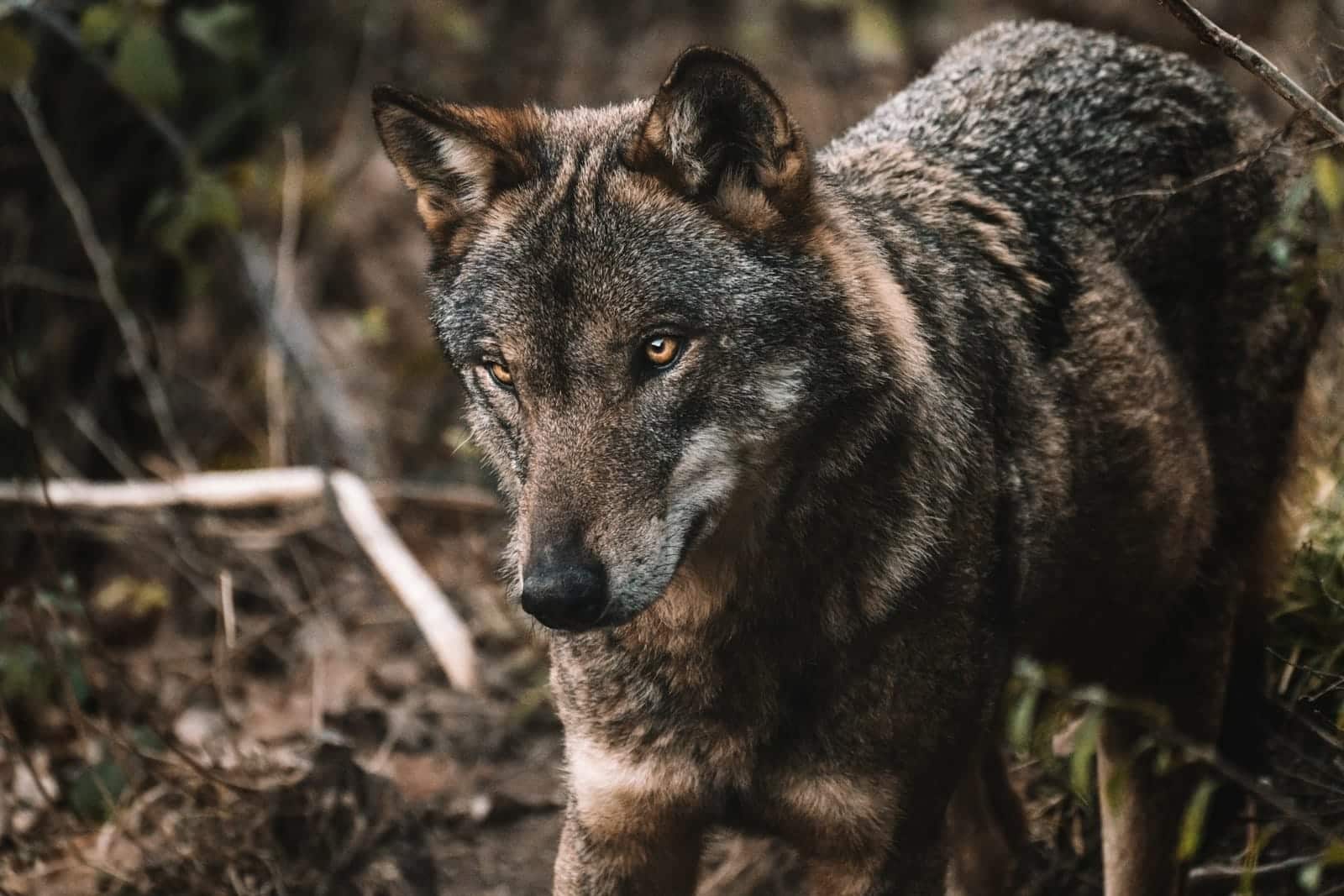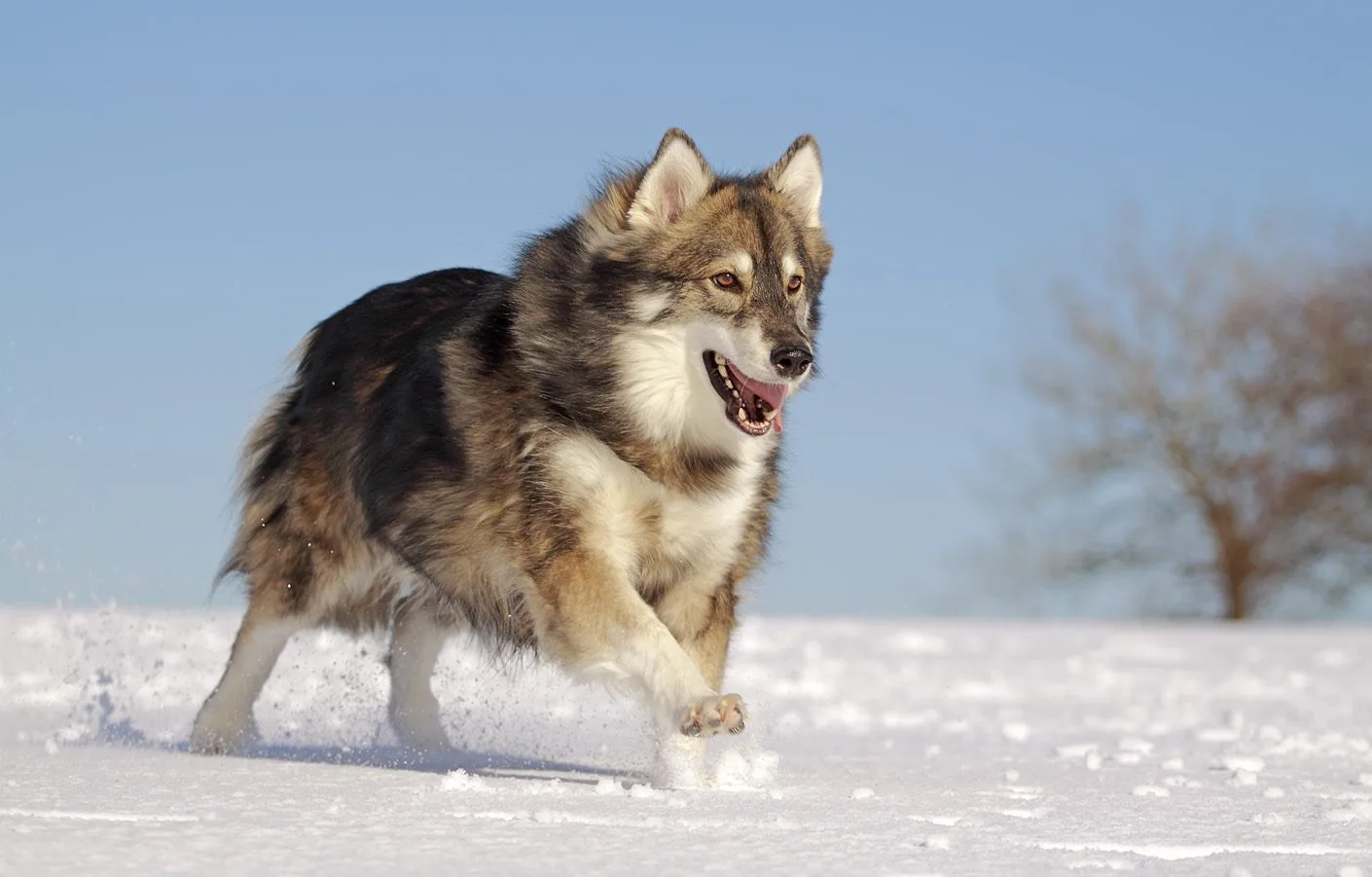Wolfdogs, known for their impressive ancestry and majestic appearance, require special care to maintain optimal health. This care goes beyond the standard routines applied to other dogs, due to their unique characteristics and specific needs. Below, I'll break down the most important aspects to ensure our canine friends enjoy a long and healthy life.
Common health characteristics of wolfdogs
Understanding the common health characteristics of wolfdogs is crucial to providing them with the necessary care. These creatures, descendants of the wolf and the domestic dog, have inherited certain genetic predispositions that require special attention.
Genetic health problems
Wolfdogs can face genetic health problems such as hip dysplasia and eye disorders. These problems can affect their quality of life, so it is essential:
- Perform genetic testing prior to adoption to know their predispositions.
- Ensure that both parents of the puppy have been evaluated by a licensed veterinarian.
- Maintain a balanced diet to support proper joint development.
Common diseases and how to prevent them
Wolfdogs can be susceptible to certain diseases such as parasites and infections. Some recommendations to prevent them include:
- Perform regular veterinary check-ups.
- Complete a full vaccination program.
- Administer deworming treatments on the recommended schedule.
Health care and maintenance routines
A proper daily grooming routine is essential to maintaining the health of wolfdogs. Integrating practices that promote their overall well-being not only strengthens their physical health, but also fosters a stronger bond between owner and pet.
Hygiene and coat care
The care of the coat is not only for aesthetic purposes, but it is also essential to prevent skin infections and other diseases. Here are some tips:
- Brush your wolfhound at least twice a week to remove dead hair and keep its fur healthy.
- Use specific shampoo for its skin and coat type every two or three months.
- Check their ears, teeth and nails regularly to prevent infections and other problems.
Adequate physical exercise and its importance
Physical exercise is vital for these active animals. For effective training:
- Provide open spaces where they can run freely for at least 1 hour daily.
- Incorporate mental activities such as the search game to stimulate their natural intelligence.
- Avoid overexertion in the growth stages to prevent joint damage.
Veterinary visits: what to expect and how often to expect it
Veterinary visits are an essential component of wolfdog care. Establishing clear expectations and a regular routine of consultation helps detect and treat health problems early.
Regular medical check-ups
Medical check-ups should be performed at least twice a year if the dog is adult and healthy. During these visits:
- Complete examinations will be performed to rule out common problems.
- The dog's general condition, weight and body condition will be evaluated.
- Vaccination records will be reviewed and next doses will be scheduled.
Vaccinations and anti-parasite treatments
Vaccinations and deworming treatments are essential for the prevention of infectious diseases. It is important to follow an appropriate vaccination schedule and to anticipate:
- Annual vaccinations for diseases such as rabies, parvovirus and distemper.
- Quarterly treatments for fleas and ticks.
- Internal deworming every six months.
Practical tips for a balanced diet
A proper diet is crucial to maintaining the energy and health of wolfdogs. It is vital to ensure that their nutrition is balanced and meets their specific needs.
Specific nutritional needs
Wolfdogs require a high-protein diet to support their musculature and energy. Here are some guidelines:
- Provide quality commercial feeds with specific diets for large breeds in mind.
- Integrate fresh meat and vegetables in controlled portions under the supervision of an animal nutritionist.
- Avoid excessive carbohydrates such as corn and wheat.
Recommended supplements for wolfdogs
In addition to a well-balanced diet, some supplements can be beneficial to wolfdogs. These may include:
- Omega 3 and 6 for coat care and brain health.
- Joint supplements such as glucosamine and chondroitin to prevent dysplasia.
- Vitamins and minerals that support the immune system.



